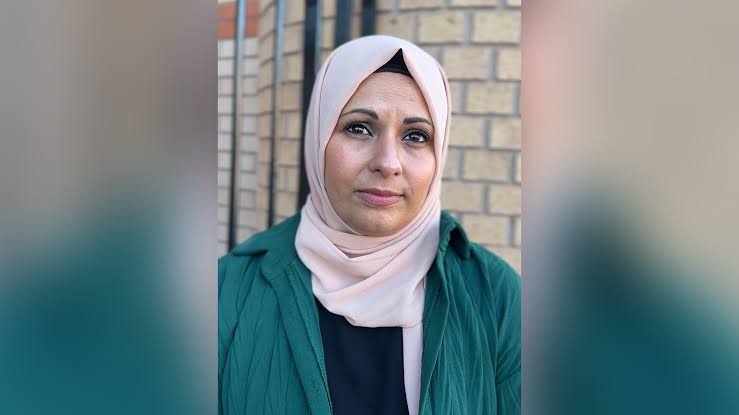There have been a lot of far-right riots in the UK lately, which has made minority groups very scared, angry, and empathetic. These riots, which have happened in many places including Liverpool, have made people worried about the rise of far-right ideas and how they affect the unity of society. The terrible stabbing deaths of three children in Southport have become a flashpoint for these problems. Some extremists are using the deaths to spread hate and false information.
People in Liverpool are very worried about how the tragedy has been used for political gain. “Some people might be afraid of me and who I am.” “Have a conversation with me,” one local told Al Jazeera, pointing out how the rising hostility was affecting them personally. Many people in minority groups think that the far-right’s story tries to blame them for bigger society problems, which makes their fears stronger and makes divisions worse.

Empathy and Dialogue: There is a strong call within affected communities for meaningful conversations and understanding, aiming to counteract prejudice and build mutual respect.
A lot of people think that far-right groups’ use of the Southport tragedy as an opportunity to stir up trouble is an intentional move away from constructive conversation and toward divisive rhetoric. Using these kinds of events to stir up violence and fights between groups is becoming a bigger problem. It could destroy the unity and harmony that are needed for society to work. Minority groups are already having a hard time with discrimination and being left out, and now they are being attacked even more, making them feel even more vulnerable and alone.
People in these areas are scared, angry, and sad all at the same time. Fear comes from a growing sense of unease and the chance that far-right extremists will cause more violence. Being singled out and criticized because of the acts of a few people makes people angry. There is also a lot of empathy, as many people in these areas are worried about how the riots will affect social cohesion and the health of others who have been affected by the violence.
Many people in Liverpool and other affected places want to talk and understand each other. People in the area want to have talks that go beyond stereotypes and help people from different groups connect with each other in a real way. If someone says, “Have a conversation with me,” they want to connect and understand instead of fight and divide. In a world where extremism is on the rise, these kinds of talks are very important for clearing up misunderstandings, fostering mutual respect, and finding common ground.
As the UK deals with these far-right riots, it is very important to deal with the problems that cause hate and false information to spread. Promoting openness, questioning biased stories, and building community unity are important ways to lessen the effects of extremist activities. Focusing on conversation and understanding can help counter the divisive goals of far-right groups and make society more peaceful and welcoming for everyone.

Resistance Against Extremism: The exploitation of tragic events by far-right groups has galvanized local residents to actively resist hate and misinformation, promoting inclusivity and social harmony.
Overall, the recent far-right riots in the UK have made minority groups feel very strongly. They are now dealing with a world where fear, anger, and sensitivity are all at an all-time high. Extremists have used the terrible events in Southport to further their own goals. This makes it even more important to have serious talks and work together to solve the problems that lead to hate and division. The best way to move forward is to start a conversation, encourage acceptance, and work together to create a culture where everyone feels valued and respected.